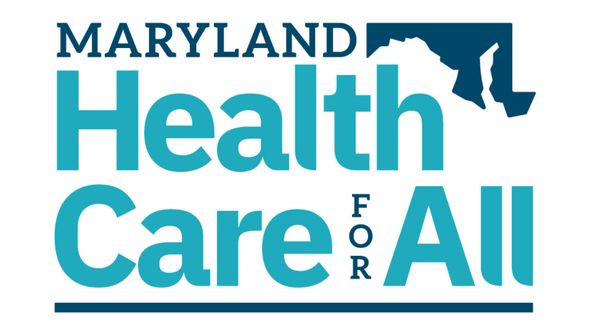East County Times
Devin Crum
May 3, 2018
The Maryland Health Care For All! Coalition and other Maryland health leaders were set to hold an event Thursday, May 3, to highlight Maryland’s new law prohibiting so-called pharmacy “gag rules” and thank the lawmakers who sponsored the legislation.
State Senator Kathy Klausmeier and Delegate Eric Bromwell, both Perry Hall Democrats, each sponsored bills in this year’s General Assembly session to outlaw the practice of pharmaceutical benefit managers (PBMs) including gag clauses in their contracts with pharmacies to keep them from telling customers about the lowest price of some drugs.
When such clauses are in effect, pharmacists are unable to tell customers if the cash price of their prescription drugs is actually lower than their insurance copay unless the customer asked, for instance.
“We think that it happens in about 40 percent of the times that you go to a pharmacy, you will essentially end up paying more if you use your [insurance] card as opposed to using cash for certain types of generic drugs,” said Prof. Gerard Anderson with the Johns Hopkins University Bloomberg School of Public Health. He noted that those typically affected are less-expensive generic drugs.
Klausmeier’s and Bromwell’s bills, which were identical, each passed unanimously through both the Senate and House of Delegates and were signed into law by Governor Larry Hogan. With that passage, Maryland became the 11th state to enact such a law.
Vincent DeMarco, president of the Health Care For All! Coalition, called the gag rules a “really anti-consumer tactic of preventing people from knowing what their lowest prices are for drugs” and praised the legislators’ leadership in sponsoring bills to ban the practice.
PBM representatives said during bill hearings that their members in Maryland do not engage in the practice and, therefore, they did not oppose the ban.
“Well we want to make sure they don’t do it,” DeMarco told the East County Times. “We just know it’s there and we don’t want it to happen in Maryland.
“We think every state in the country and the federal government should do the same thing,” he added.
Maryland Congressmen Elijah Cummings and John Sarbanes were scheduled to join in the praise at Thursday’s event, as well as express their support for a measure to outlaw the gag rules nationally.
“This measure puts Maryland in the forefront of making prescription drugs more affordable,” said Cummings in a statement. “I urge other states and the federal government to follow Maryland’s lead so that consumers can know the least expensive way that they can purchase the drugs they need. I will continue to demand that the U.S. Congress considers legislation that will address the life-saving issue of prescription drug affordability.”
Investigating the rising drug prices over the past several years has been a top priority for Cummings, according to his press secretary, Alexa Papadopoulos.
Sarbanes, whose Third District reaches into parts of Parkville, Perry Hall and Nottingham, joined in the call for a national gag rule ban.
“It’s truly inspiring to see Maryland at the forefront of state-led efforts to lower prescription drug costs,” he said in a statement. “The nation needs to follow Maryland’s lead and make life-saving medication more affordable for hardworking Americans.”
Neither Cummings nor Sarbanes has yet introduced a bill in the House of Representatives, but the U.S. Senate is currently considering two bills on the issue, according to Anderson. However, those bills are being refined, he said.
Alongside Maryland, similar bills have been enacted in Arkansas, Louisiana, Maine, Connecticut, Georgia, North Dakota, North Carolina, Texas, Kansas, Mississippi, South Dakota, Virginia and Nevada. And 21 other states currently have such measures pending in their legislatures.
“We commend Senator Klausmeier and Delegate Bromwell for their leadership on this issue,” DeMarco said. “Thanks to them, Marylanders can know that they will not be kept from critically needed information about how they can best afford the drugs they need.”
Last modified: May 3, 2018


